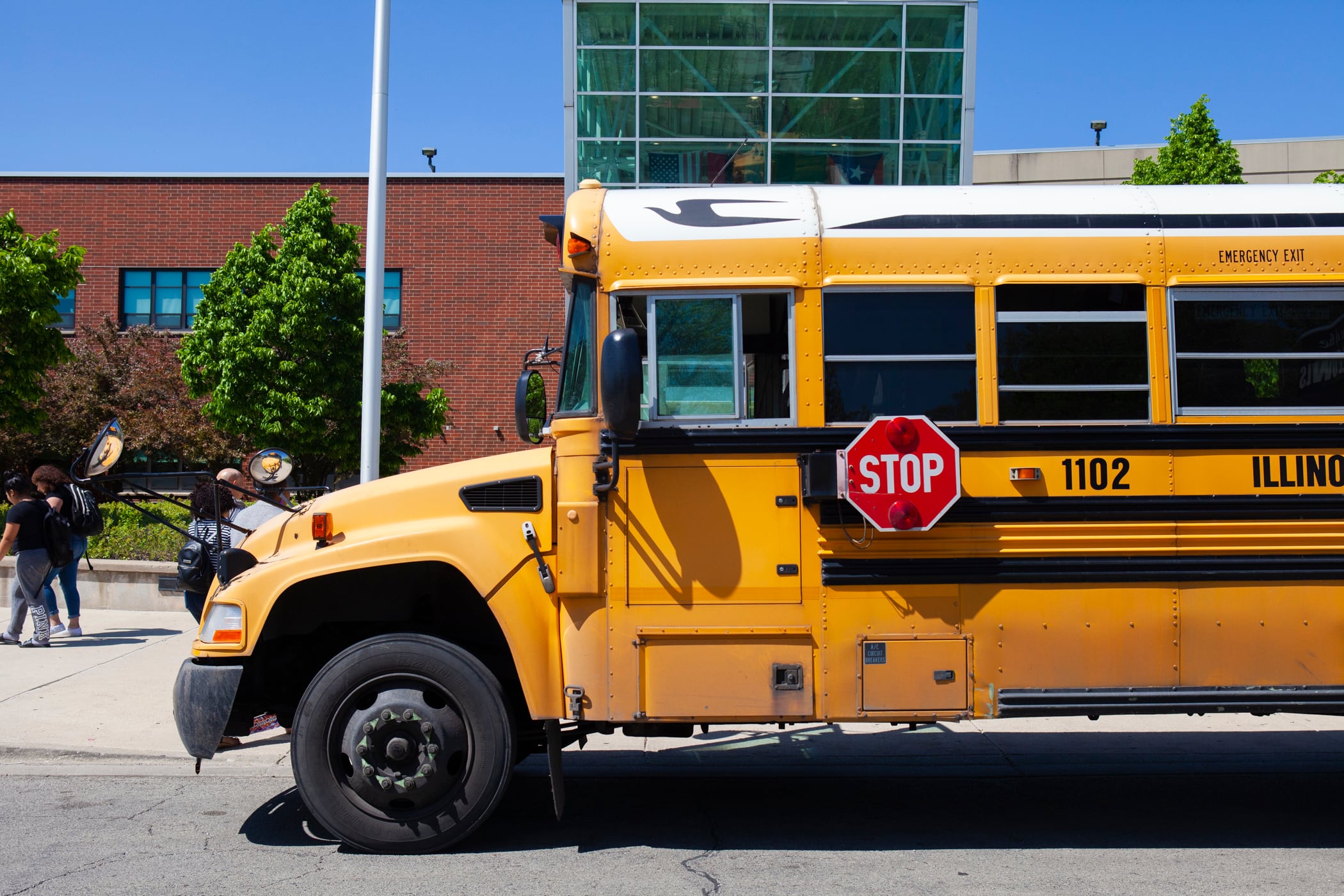The state of Illinois will allow school districts to host in-person summer school, with some restrictions to protect against the spread of coronavirus.
The announcement late this week represents a reversal for the Illinois State Board of Education, which had previously recommended that districts provide summer school only online.
The new guidance comes after a state advisory group focused on what activities can be safely allowed under Phase 3 of Gov. J.B. Pritzker’s five-phase plan to reopen Illinois.
The state stressed it’s not suggesting a return to pre-pandemic summer school, but rather an approach that relies on social distancing, limits on gatherings to 10 people, and mandatory protective equipment such as face masks.
In filling in-person summer school slots, schools should give priority to students with special needs, English learners and those who received incompletes in their classes this spring, the state said.
“While Phase 3 allows some in-person small group activities, we must continue to be diligent in following the required safety protocols to keep Illinois on the path to recovery,” said state Superintendent of Education Dr. Carmen I. Ayala in a statement.
Chicago Public Schools announced recently that it will host all-virtual summer school, and it is not clear that this latest state guidance will lead the district to revisit that plan. A district spokesman did not immediately respond to a request for comment Friday.
Chicago school board members and others have voiced concern that virtual summer school could fail to engage the very students whom schools have struggled to reach this spring, likely at least in some cases because they lacked digital devices or internet access.
The state said schools hosting in-person summer school should also conduct symptom and temperature checks before staff and students enter buildings as well as encourage frequent hand-washing and restrict the sharing of any items. Schools should spell out safety expectations in advance in the home languages of students taking part.
District leaders have said they are worried about how to pay for additional costs of reopening schools safely, since the state has said it will keep education funding flat for the budget that goes into effect July 1.
The new guidelines also allow: driver’s education; early childhood, special education and English learner screenings; summer camps; school-based testing and other activities.
Ayala praised the “dedication of students, teachers, and their families to staying home, social distancing, and wearing face coverings when in public,” which she said contributed to the state’s move into Phase 3.
More details on the new guidance are here: https://www.isbe.net/Documents/IDPH-ISBE-Summer-Programs-Guidance.pdf






